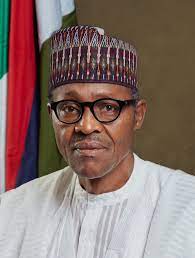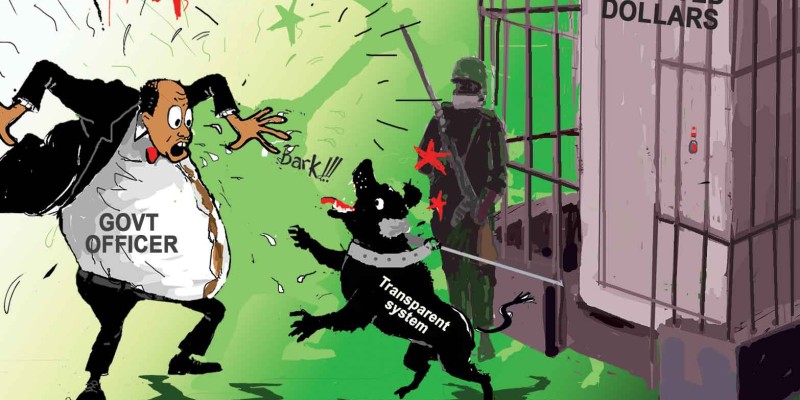Nigeria will not lose its national assets to China, its benefactor in recent years. This assurance came from the Debt Management Office (DMO), the government agency that coordinates the management of Nigeria's debt. With the recent rise in Nigeria's debt portfolio, there have been concerns that China and other creditor countries may acquire, Nigeria's assets, if it defaults in the repayment terms.
But speaking with the News Agency of Nigeria (NAN), the Director-General of the DMO, Ms Patience Oniha disclosed that loans from China presently stood at US$3.59 billion, which is only 9.4 per cent of the country's total foreign debt stock of US$37.9 billion. In addition, she said, the loans were largely concessional, as no national asset was tagged as collateral. "Nigeria's total debt stock as at 30th September was US$37.9 billion, this figure comprised the external debt stock of the Federal Government, 36 state governments and the Federal Capital Territory".
Oniha explained that before foreign loans were contracted, very sensitive steps were taken by multiple institutions of government to ensure that they were beneficial to the nation. "Before any foreign loan is contracted, including the issuance of Eurobond, they are approved by the Federal Executive Council and thereafter, the National Assembly. "An important and extremely critical step is that the loan agreements are approved by the Federal Ministry of Justice. "An opinion is issued by the Attorney-General of the Federation and Minister of Justice before the agreements are signed. "Several measures which operate seamlessly have been put in place to ensure that data on debt are available and that debt is serviced as at when due. Provisions are made explicitly for debt service in the annual budgets", the DMO DG further said. Oniha explained that the loan agreements provided a number of steps to take to resolve disputes when they arise. "The first action is that the parties should resolve it within themselves and if that fails, they go to arbitration. "In other words, a lender, in this case, China, would not just pounce on an asset at the first sign of a dispute, including defaults.'' She explained that the DMO maintained proper records of debts, provided projections for debt service and processed the actual payments for debt service. Oniha pointed out that those functions were carried out in conjunction with the Office of the Accountant-General of the Federation and the Central Bank of Nigeria. (NAN)
*Breewy news









